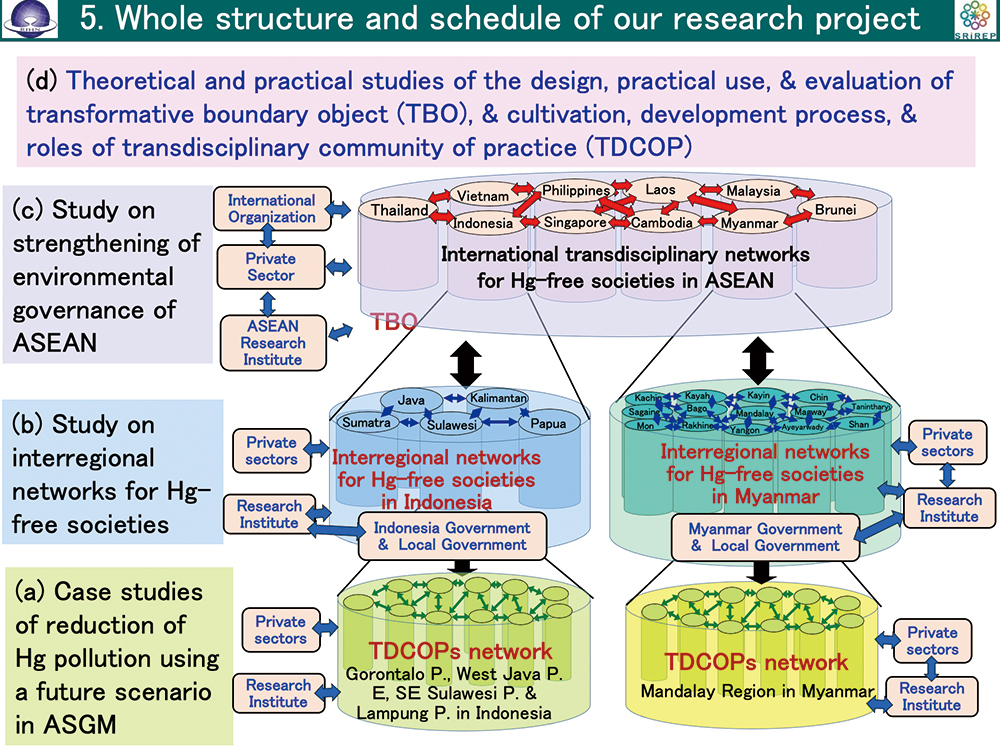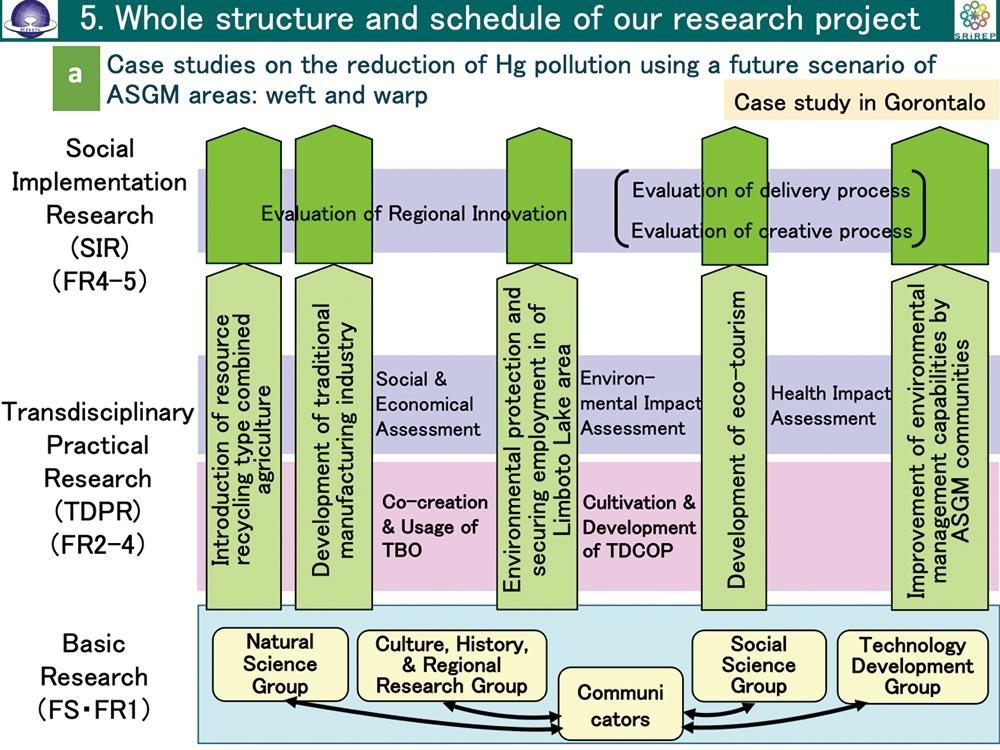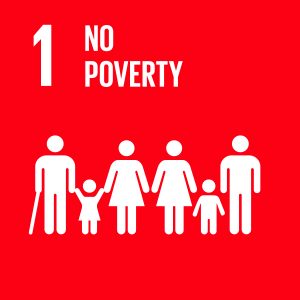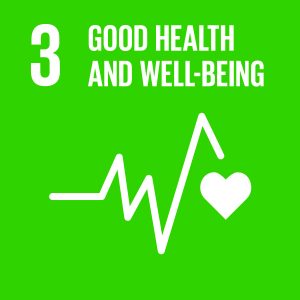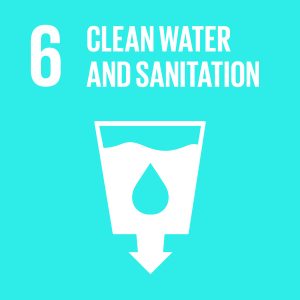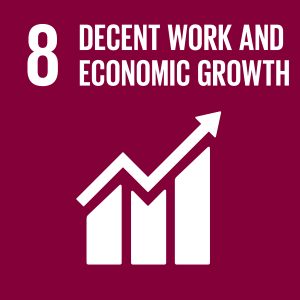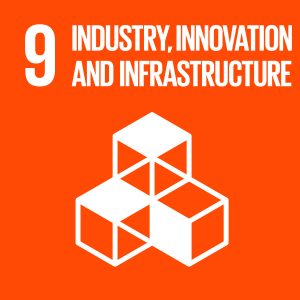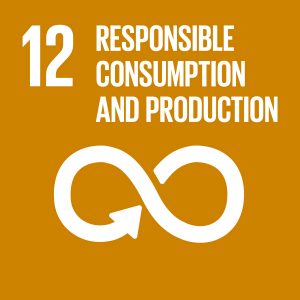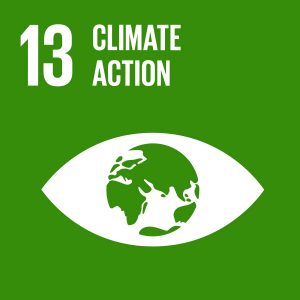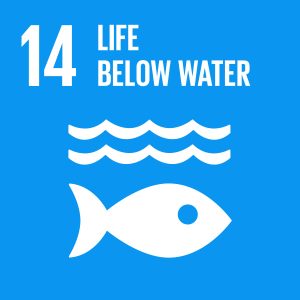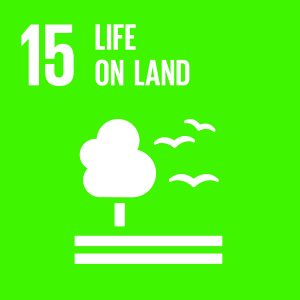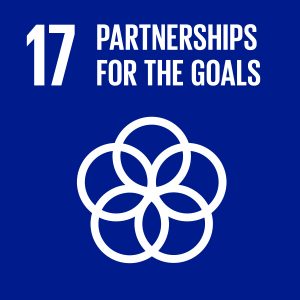About SRIREP
Co-creation of Sustainable Regional Innovation for Reducing Risk of High-impact Environmental Pollution
| FS① | PR | FR① | FR② | FR③ |
FR④ |
FR⑤ 2023 |
Research Background
Research Objects
The objectives of our project are to 1) understand the link between poverty reduction and environmental management in ASGM areas; 2) establish a process for constructing sustainable societies through regional innovations in ASGM areas; and 3) strengthen environmental governance in ASEAN countries.
Methodology and Research Process
We have been conducting transdisciplinary research and practice in collaboration with mining communities, key stakeholders (SHs) of public and private organizations, and researchers of local universities, etc. (Figure 1). This work emphasizes:
-
Case studies on reduction of Hg pollution using a future scenario of ASGM in Indonesia and Myanmar. Case studies include:
1) studies of living conditions, culture, and history;
2) environmental and health impact assessments, and socioeconomic assessment;
3) co-creation of future scenarios with key stakeholders;
4) identification of transformative boundary objects (TBOs);
5) organization of transdisciplinary communities of practice (TDCOPs) using TBOs;
6) co-design and co-production of transformative learning and practice;
7) social implementation research; and
8) evaluation of the progress of regional innovation (Figure 2).
-
Study of interregional networks that aim to generate Hg-free societies in Indonesia and Myanmar
Study of interregional networks will be conducted in three steps:
1) construction of an exchange platform for information and collaboration on the management of Hg;
2) improvement of organizational and communication capacities; and
3) strengthening the communication policy with local and central governments.
-
Study of improvements in environmental governance to address Hg pollution in ASEAN countries.
-
Theoretical and practical studies of the design, practical use, and evaluation of TBOs and TDCOPs in study areas.
Expected Goals of the Project
Regional innovation will arise as a consequence of environmental and industrial innovations introduced with a transdisciplinary approach, including the development of a future scenario for a Hg-free society, transformative learning and practice, and developments of TDCOPs. By strengthening environmental governance, which consists of multiple layers of cooperative organizations, we will also develop a route through which the problem of global environmental Hg pollution can be resolved.
Progress and Achievements
a) |
Case studies have been completed in Gorontalo, West Java, Southeast Sulawesi, and Lampung in Indonesia in collaboration with Gorontalo State University, Lampung University, and Mandalay Region in Myanmar in collaboration with the Environmental Conservation Department of the Ministry of Natural Resources and Environmental Conservation (MONREC) and a local NGO. In Gorontalo, in August 2019 and February 2020 we examined social-economic conditions in the ASGM areas and rural livelihoods of fishermen and farmers in non-ASGM areas. We found that poverty is a major issue in both areas. We organized four TDCOPs: “KTK (Kampung Tangguh Kesehatan; Healthy village)”, “Karawo Research Group”, “Natural Fiber Research Group”, and “Geo Cafe Gorontalo” to conduct co-design and co-production of transformative learning and practice according to the future scenarios (Figure 3). In Thabeikkyin Township, Mandalay Region, preliminary environmental and health impact assessments were conducted in ASGM areas in February 2020 (Photo 1). ASGM miners with a longer duration of mining activity demonstrated decreased lung capacity. Remote medical examination of the mining community has been established since December 2020. |
b) |
In the study on interregional networks, we held the 1st and 2nd Japan – ASEAN medical seminars in Indonesia, in 2019 and then we also held the 3rd and 4th medical seminars (webinars) in October 2020 and January 2021. In total, these seminars included 600 attendees from both Indonesia and Myanmar, and were conducted in collaboration with private and public organizations, and the Japan Association for the United Nations Environmental Programme (JAU) (Figure 4. Flyer of the 4th medical seminar held in January 2021). |
c) |
In the study on improvements in environmental governance in ASEAN countries, the UNEP Global Environment Information Exhibition and the 2nd TRPNEP (ASEAN-Japan Meeting Point of Collaboration by Stakeholders and Researchers for Reducing Environmental Problems in ASEAN Countries) were held in Myanmar in December 2019. |
d) |
Reflecting on our research processes to date, our theoretical analyses indicate that environmental problems require a comprehensive problem-solving approach that includes the creation of new knowledge through the integration of local and scientific knowledge. We note that enthusiastic participants in the TDCOPs can become catalysts for initiating dialogue among stakeholders. Finally, we find that well-designed TDCOP activities can stimulate stakeholders to practice interactive and transformative learning. |

Figure 3 Availability and progress of TDCOPs established in the case study of Gorontalo, Indonesia. 
Figure 4 Flyer of the 4th Japan - ASEAN Medical Seminar on the Human Health Impact of Heavy Metals 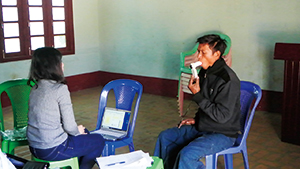
Photo 1 Health impact assessment of ASGM miners in Mandalay Region, Myanmar in February 2020; assessment of the lung capacity in ASGM miners using a portable spirometry
Fulfilling Sustainable Development Goals (SDGs)
The Sustainable Development Goals (SDGs) are the UN’s blueprint for a more sustainable future for all of us and the entire ecosystem. Our projects’ objectives and participated stakeholders aim to achieve the reduction of environmental pollution and associated poverty problems because they fulfill some of the SDGs as shown below.

